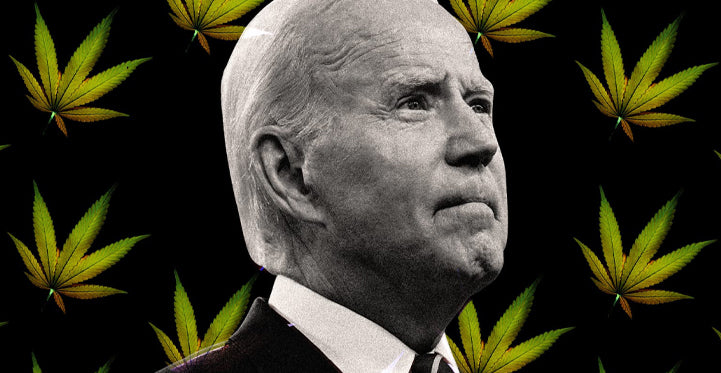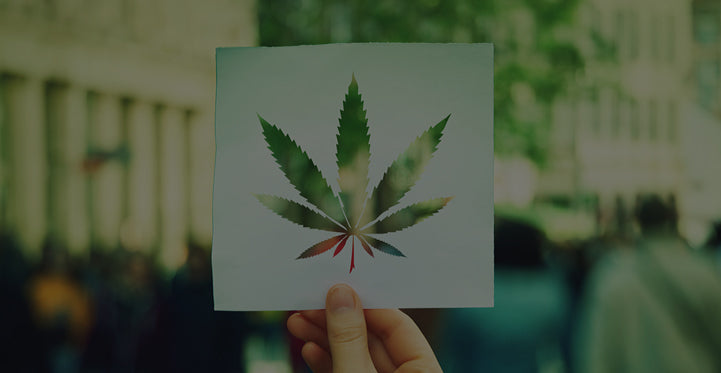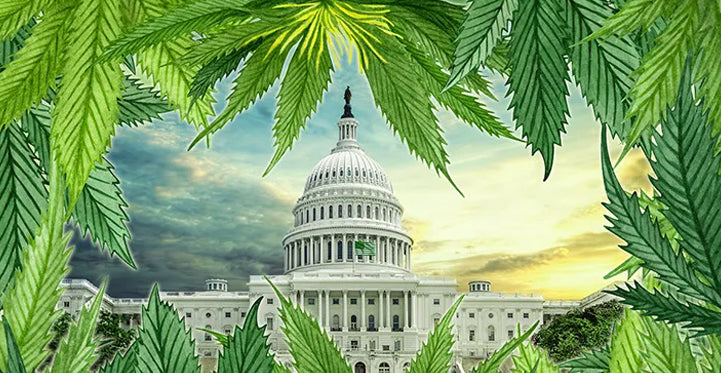President Joe Biden has granted pardons to thousands of individuals convicted of using or possessing marijuana on federal lands and in the District of Columbia, continuing his efforts to address racial inequalities within the justice system. This latest pardon expands upon a previous round issued before the 2022 midterm elections and encompasses a broader range of criminal offenses related to marijuana. Additionally, Biden is extending clemency to 11 individuals serving extended sentences for nonviolent drug crimes, aiming to rectify disproportionate punishments.
In a statement, Biden emphasized the need to eliminate the barriers to employment, housing, and education imposed by past marijuana-related criminal records. He acknowledged the detrimental impact of the previous approach to marijuana, aiming to correct these injustices and fulfill the promise of equal justice.
While the pardons don't lead to immediate prison releases, they aim to assist those affected in overcoming obstacles in their post-conviction lives. Unlike the earlier pardon, this recent action covers various criminal statutes, including attempted simple possession, expanding the scope of the pardons issued.
However, it's crucial to note that the pardon applies solely to marijuana-related offenses, which despite being decriminalized or legalized in many states, remains a controlled substance under federal law. The possibility of reclassifying marijuana from its current Schedule I status to the less restrictive Schedule III is under consideration by U.S. regulators.
It's important to highlight that the pardon doesn't extend to individuals who were unlawfully present in the U.S. at the time of their offense. Those covered by the pardon will need to apply through the Justice Department's pardon attorney office to receive formal certificates of pardon for use in seeking housing and employment opportunities.
Biden urged governors and local leaders to follow suit in addressing marijuana-related convictions, emphasizing that no one should face imprisonment at any level solely for using or possessing marijuana.er
In a statement, Biden emphasized the need to eliminate the barriers to employment, housing, and education imposed by past marijuana-related criminal records. He acknowledged the detrimental impact of the previous approach to marijuana, aiming to correct these injustices and fulfill the promise of equal justice.
While the pardons don't lead to immediate prison releases, they aim to assist those affected in overcoming obstacles in their post-conviction lives. Unlike the earlier pardon, this recent action covers various criminal statutes, including attempted simple possession, expanding the scope of the pardons issued.
However, it's crucial to note that the pardon applies solely to marijuana-related offenses, which despite being decriminalized or legalized in many states, remains a controlled substance under federal law. The possibility of reclassifying marijuana from its current Schedule I status to the less restrictive Schedule III is under consideration by U.S. regulators.
It's important to highlight that the pardon doesn't extend to individuals who were unlawfully present in the U.S. at the time of their offense. Those covered by the pardon will need to apply through the Justice Department's pardon attorney office to receive formal certificates of pardon for use in seeking housing and employment opportunities.
Biden urged governors and local leaders to follow suit in addressing marijuana-related convictions, emphasizing that no one should face imprisonment at any level solely for using or possessing marijuana.er



Leave a comment
This site is protected by hCaptcha and the hCaptcha Privacy Policy and Terms of Service apply.